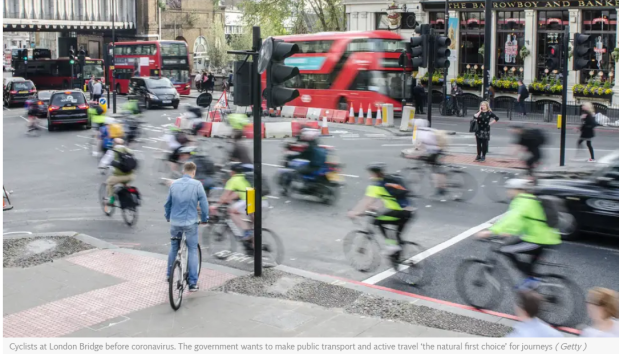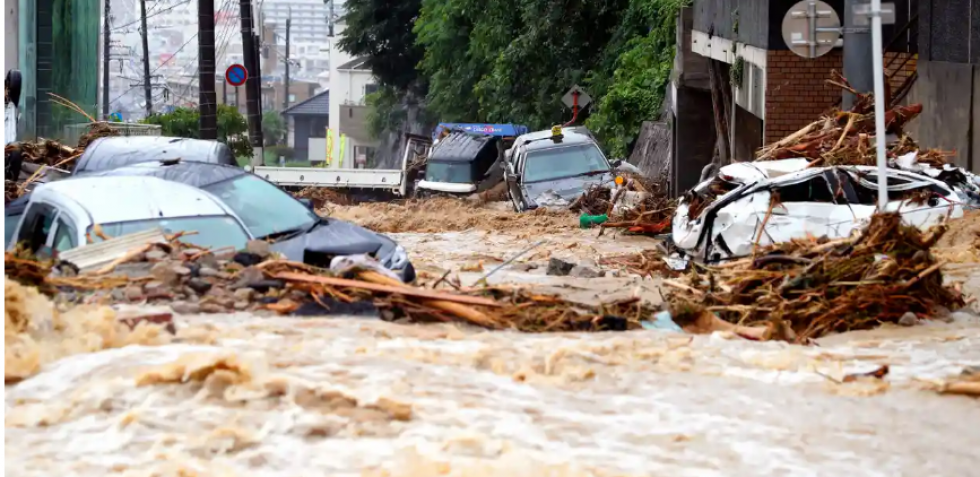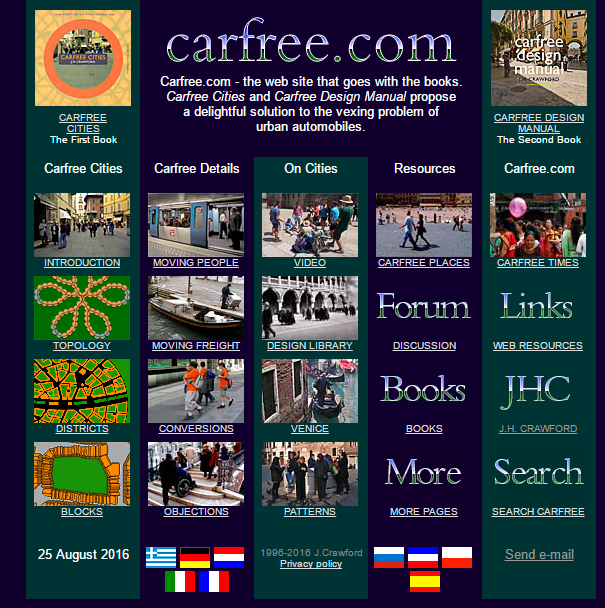
Climate crisis: UK Government unveils ‘unprecedented’ vision of future travel with focus on walking, cycling and public transport, targeting ‘net zero’ greenhouse gas emissions by 2050


Climate crisis: UK Government unveils ‘unprecedented’ vision of future travel with focus on walking, cycling and public transport, targeting ‘net zero’ greenhouse gas emissions by 2050

– – – – – – – – > by Eric the Crow, Reportng for World Streets, from Reykjavik Iceland
 Someone a lot wiser than me, once told me many years ago: when you are facing a really difficult problem, why don’t you see if you can step back a few paces and put it in a form that you can discuss with children and hear what they may have to say.
Someone a lot wiser than me, once told me many years ago: when you are facing a really difficult problem, why don’t you see if you can step back a few paces and put it in a form that you can discuss with children and hear what they may have to say.
Founding editor, Joel Crawford, announces final issue of Carfree Times
I have decided to suspend my online creative efforts indefinitely. This will probably be the last Carfree Times. I don’t plan to shoot stills or video except incidentally, and there will probably be few or no new videos.
In a sense, what I’m doing is giving up virtual presence in favor of actual presence. I am looking at screens far too much. I enjoy face-to-face interaction, particularly with an audience. I am available for these kinds of events within railing distance of Amsterdam.
We are going to have carfree cities, one way or another, I’m pretty sure. Money, ecology, and happiness all optimize at one and the same point: carfree cities. There is no cheaper way to build decent cities. No other urban form has smaller environmental impacts. Urban quality of life is always improved by removing cars.

Our cities are in crisis because they revolve around the car. It’s killing us, our communities and our economy.
Traffic congestion is one of the most significant problems and issues facing Governments, Councils and businesses around the world. In Australia, more than 80% of all trips are made by car and in New Zealander 83% of trips less than 2km are made by car. A British Social Attitudes Survey found that 71% of adults never cycle. Only 3% of Brits cycle every day or nearly every day. There are as many as 38 million empty car seats on the UK’s roads every rush hour.
“The problem is we’re all doing the same things – commuting, business trips and the school run – making the same trips by car at the same time, creating gridlock, congestion, queuing and travel delays’ says Transport Planner and Behaviour Change expert Rachel Smith.